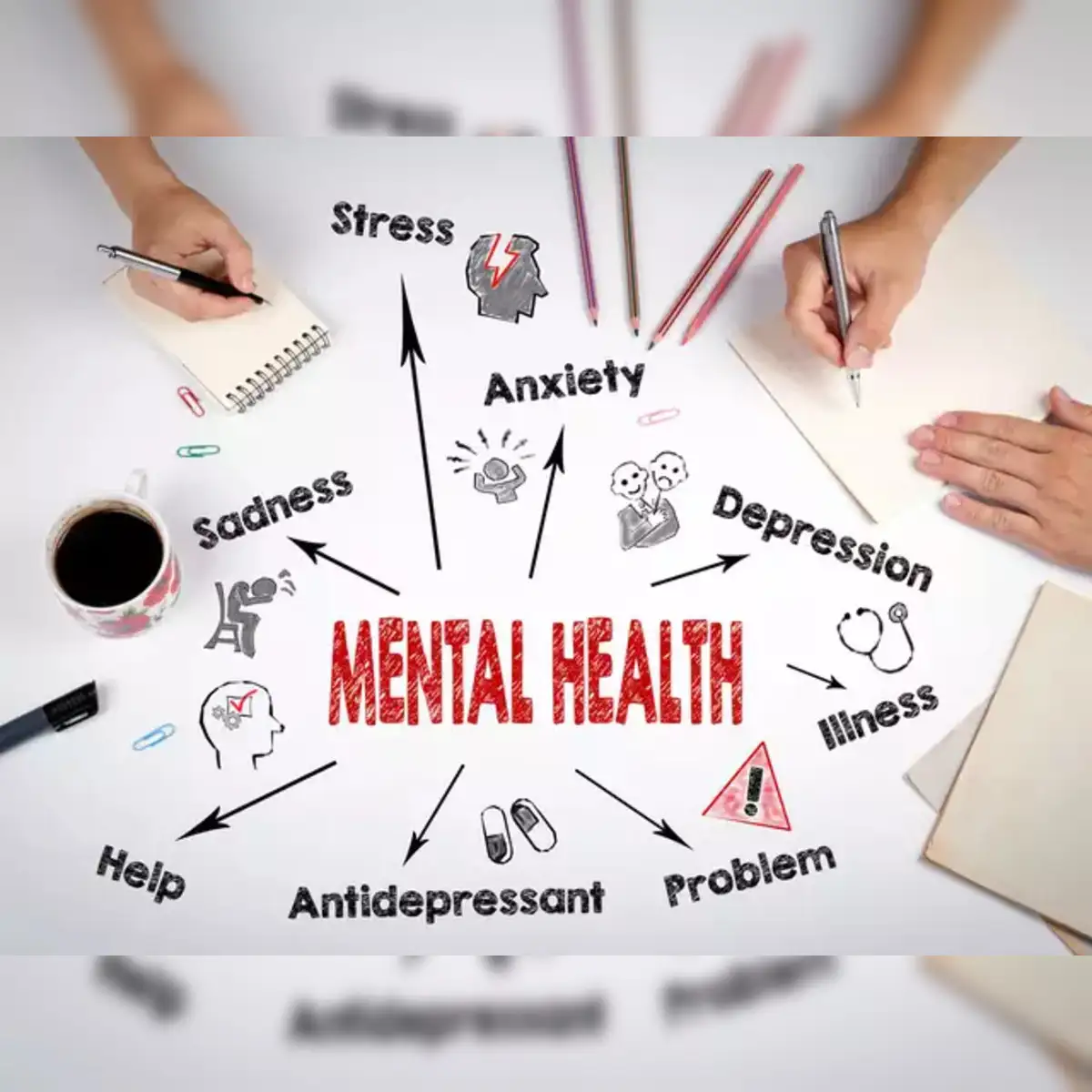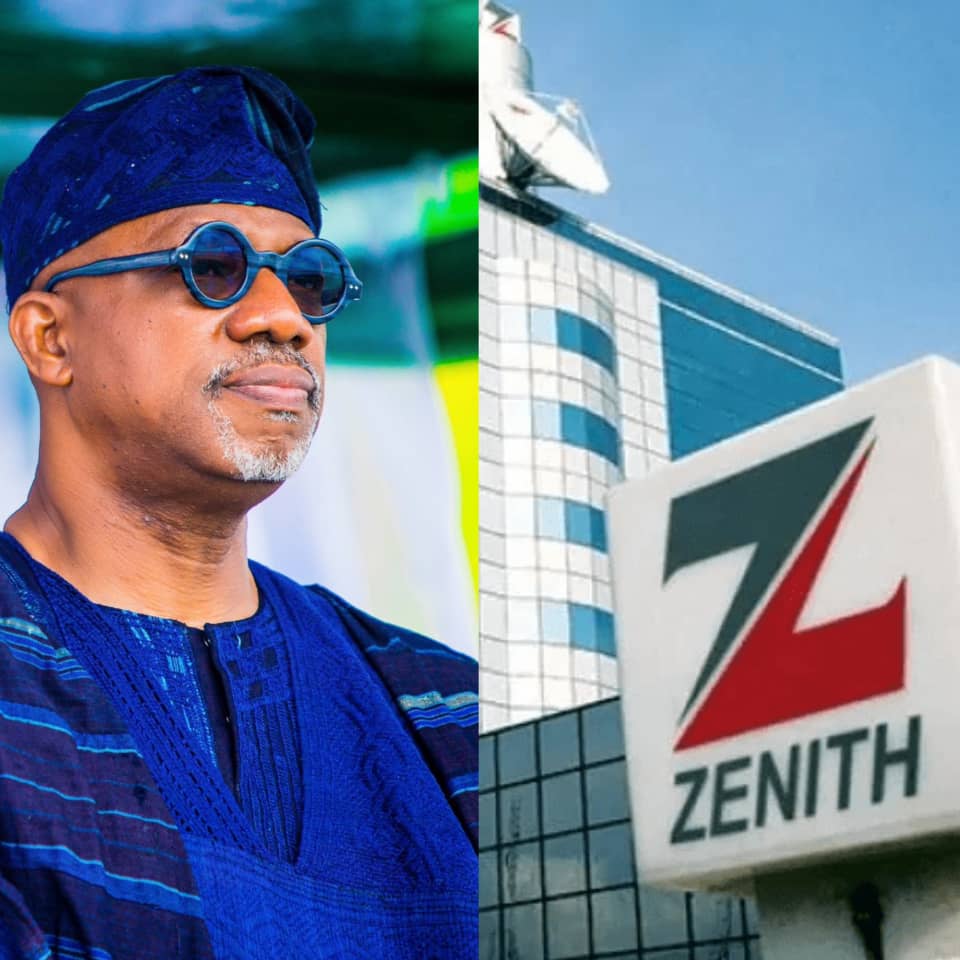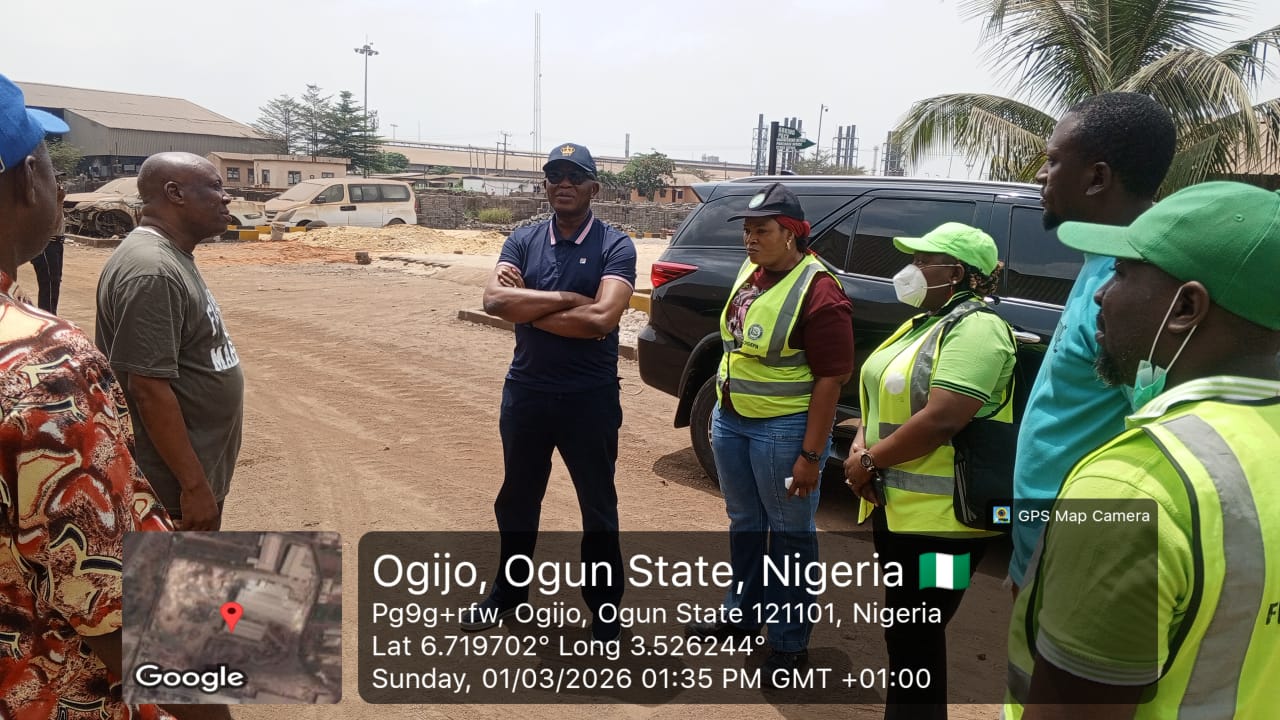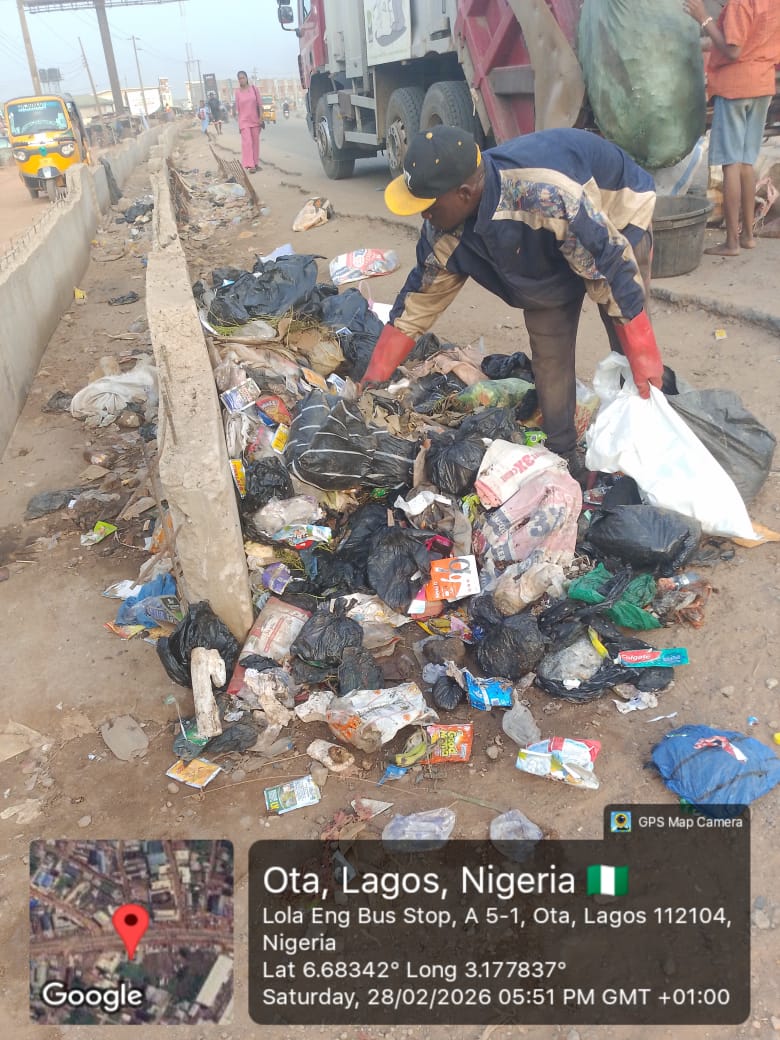Nigeria’s Mental Health Crisis Deepens as Millions Lack Access to Care

By Adenike Olowe
As the world marked World Mental Health Day on October 10, experts have raised alarm over Nigeria’s worsening Mental Health crisis.
It reveals that over 85 percent of citizens living with mental disorders have no access to adequate care.
Despite increased advocacy, the Country’s mental health system continues to struggle under the weight of poor funding, shortage of specialists, and persistent social stigma.
The World Health Organization (WHO) estimates that one in every four Nigerians will experience a mental health condition in their lifetime — yet only a fraction receive proper treatment.
Mental health professionals describe the situation as dire.
Nigeria currently has fewer than 300 psychiatrists serving a population exceeding 200 million, with most based in urban centers like Lagos, Abuja, and Port Harcourt.
This leaves millions in rural and semi-urban areas without access to essential services.
Dr. Ifeoma Okechukwu, a Lagos-based clinical psychologist, called the situation “a National emergency hiding in plain sight.”
“We are dealing with a silent epidemic,” she said. “Depression, anxiety, and substance abuse are on the rise, but the health system is ill-equipped. Stigma still prevents many people from seeking help.”
While the Mental Health Act of 2023 was hailed as a significant milestone — designed to protect patients’ rights and improve access to care — implementation has been slow due to funding constraints and lack of infrastructure.
According to WHO data, less than 5 percent of Nigeria’s health budget goes to mental health services.
Consequently, most Government hospitals remain overstretched, while private mental health care is far beyond the reach of ordinary citizens.
In States like Ogun, Kano, and Enugu, local NGOs and community groups have begun to offer free counseling and awareness programmes, but these interventions remain inconsistent and unsustainable.
This year’s Global theme, “Mental Health is a Universal Human Right,” highlights the need for inclusive and equitable access to mental healthcare for all Nigerians.
Mental health advocate Tunde Alade, who survived depression, stressed that urgent action is required:
“Mental illness doesn’t discriminate. It affects students, workers, parents — everyone”.
“The Government must treat mental health with the same seriousness as other public health issues.”
As Nigeria joins the rest of the world to mark World Mental Health Day 2025, experts are calling for stronger political will, community-based interventions, and inclusion of mental health services in primary healthcare programs to bridge the vast treatment gap.



